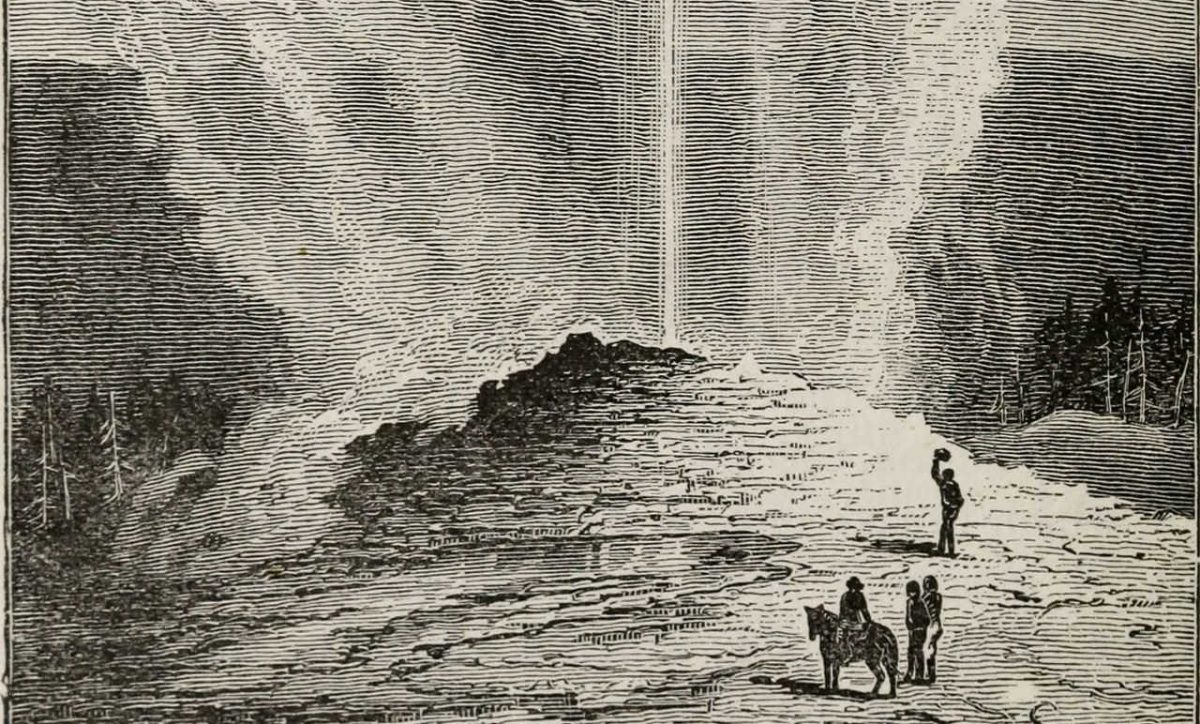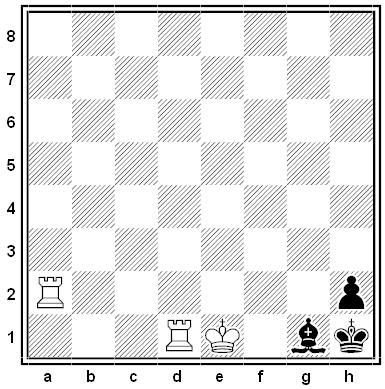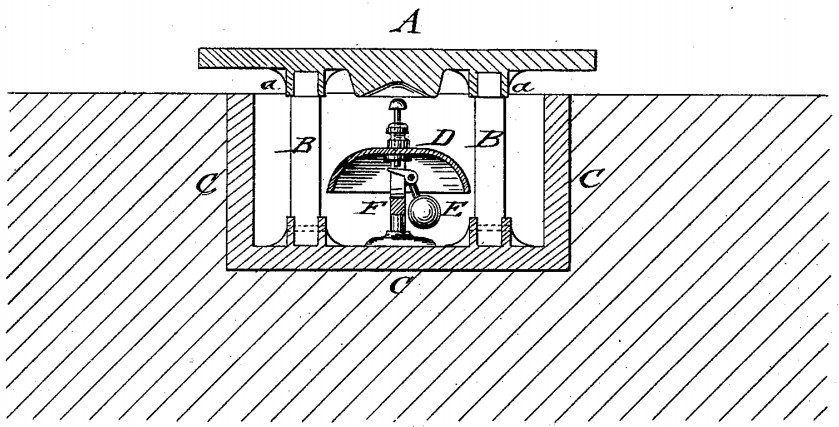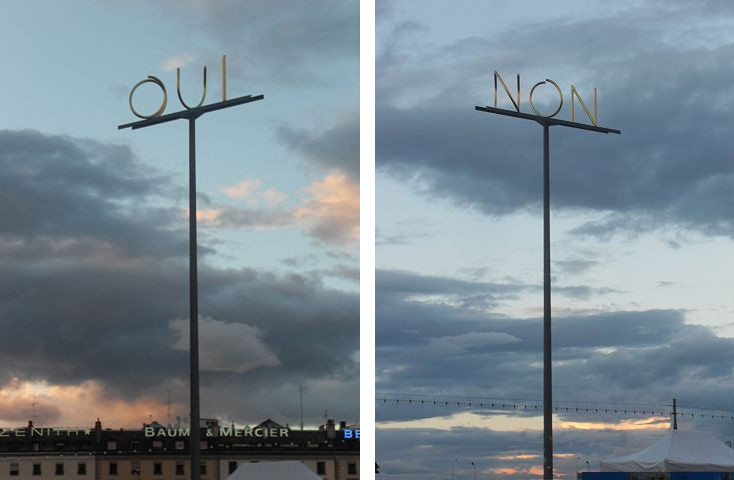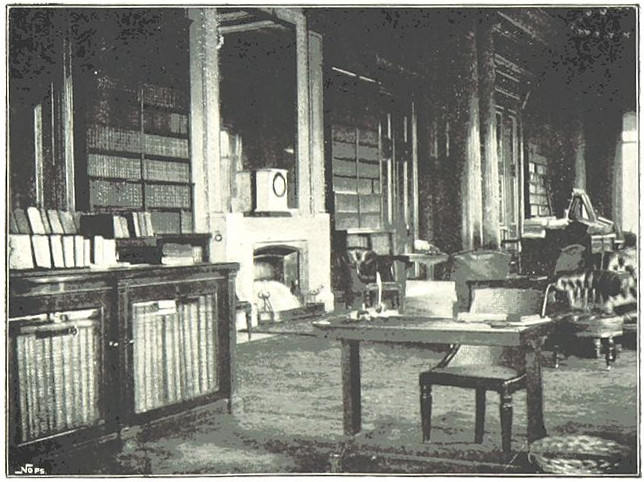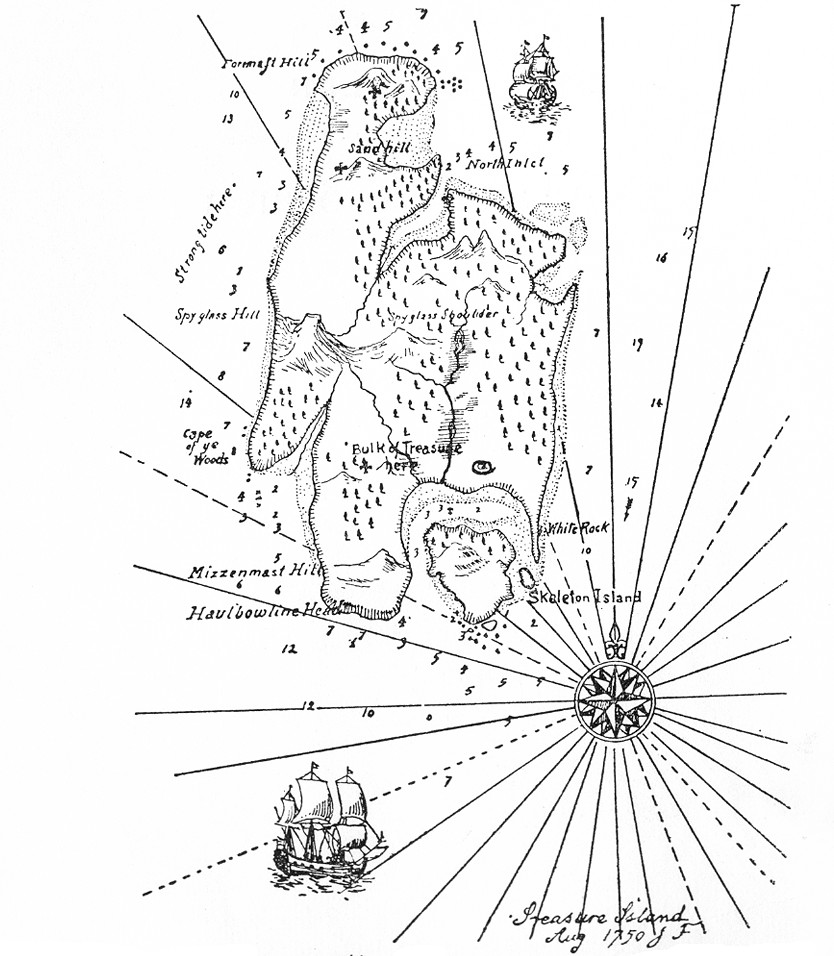This just caught my eye: Competitive boomerang throwers participate in a number of events: distance, accuracy, trick catches, and so on. One of the most popular of these is maximum time aloft, in which the goal is to keep the boomerang in the air as long as possible with a single throw.
Unbelievably, the record here is 17 minutes and 6 seconds, set by John Gorski of Avon, Ohio, in 1993. At the time a respectable flight might last 30 to 40 seconds, but Gorski’s boomerang hit a thermal that carried it upward an estimated 200 meters, where it hovered for several minutes over the Olentangy River. It drifted south for 225 meters, then headed north again, descending to find Gorski, who managed to catch it 40 meters from where he’d thrown it.
“I couldn’t believe I’d got it back,” Gorski said later. “I thought, ‘I’m never going to see this boomerang again,’ but then it stopped drifting and just hung there.”
Tournament director Chet Snouffer called it “an unbelievable, once-in-a-lifetime experience — he caught the perfect wave and surfed it right into the record books.”
